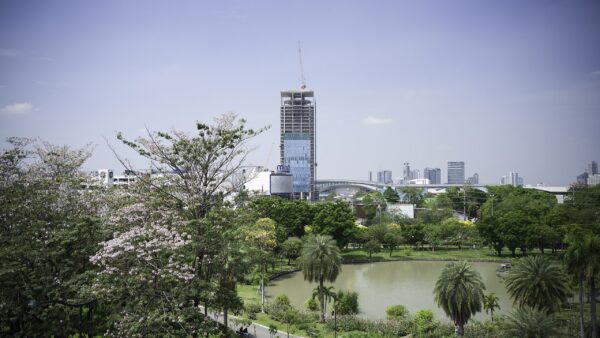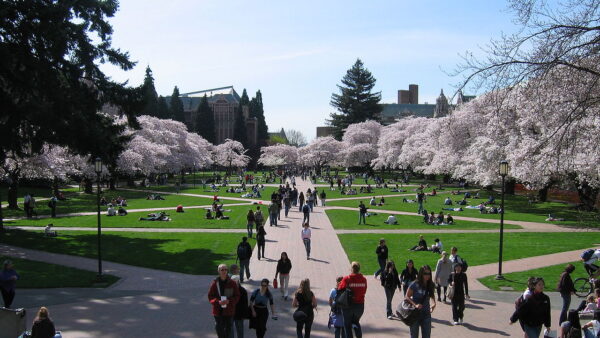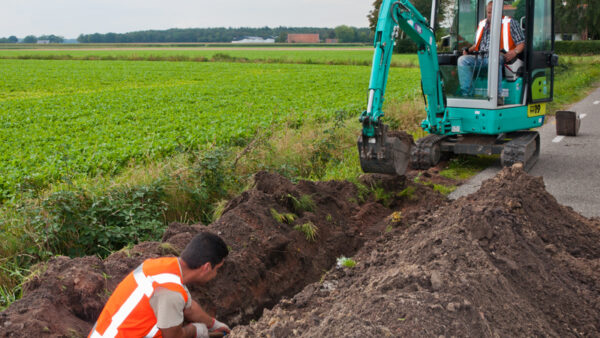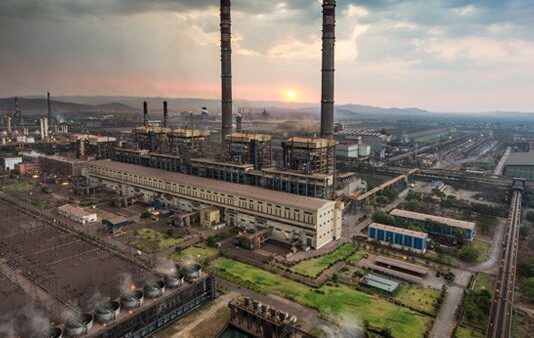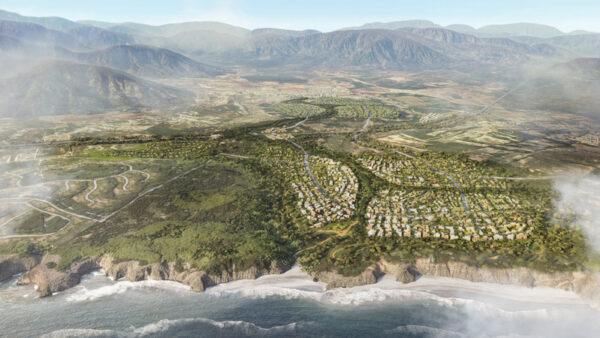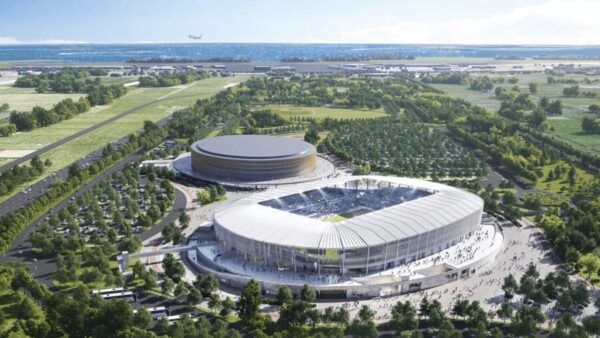China State Construction Engineering Corporation (CSCEC) has been selected to build the first stage of a 2 GW coal-fired power complex in Zimbabwe that, when complete, will triple the country’s installed generating capacity.
The 600 MW plant in the country’s north west, plus roads, transmission lines and related infrastructure, are scheduled to be finished in the first half of 2019.
We hope that the completion of the power project will not only boost availability of power in the country but result in a reduction in power tariffs– Patrick Chinamasa, Zimbabwe’s finance minister
It is the first of four phases in the large Binga power scheme which will eventually generate 2000 MW on top of Zimbabwe’s current 1,100 MW generating capacity.
CSCEC’s contract was reported to be worth $1.1bn.
“The project is very important for the development of Binga as there will be huge infrastructure development in and around the plant,” said Patrick Chinamasa, Zimbabwe’s finance minister, at the contract signing ceremony. Â
He added: “We hope that the completion of the power project will not only boost availability of power in the country but result in a reduction in power tariffs,” he added.
Chinamasa said the power project would be funded by China, but did not give details.
The Binga scheme is being developed by a French consortium called Pan African Energy Resource Lusulu Power (PER Lusulu).
The plant will burn coal from the surrounding Lusulu coal fields.
PER Lusulu gained a licence to build power stations from the Zimbabwe Energy Regulatory Authority (Zera) in 2010. The project was originally intended to proceed in 2012, but the company took longer than expected to mobilise finance for it.
Pierre Nicolas, the chief executive of PER Lusulu, said in an interview last year that the company had chosen coal because it was the cheapest fuel for generating power.
Mr Nicolas also said that PER Lusulu planned to buy old EDF coal plants in Europe and transport them to Binga.
Last year, Zimbabwe signed a dead with Chinese contractor Sinohydro to expand its second largest power plant, Kariba Power Station by 300 MW. That project is set for completion in 2017.





